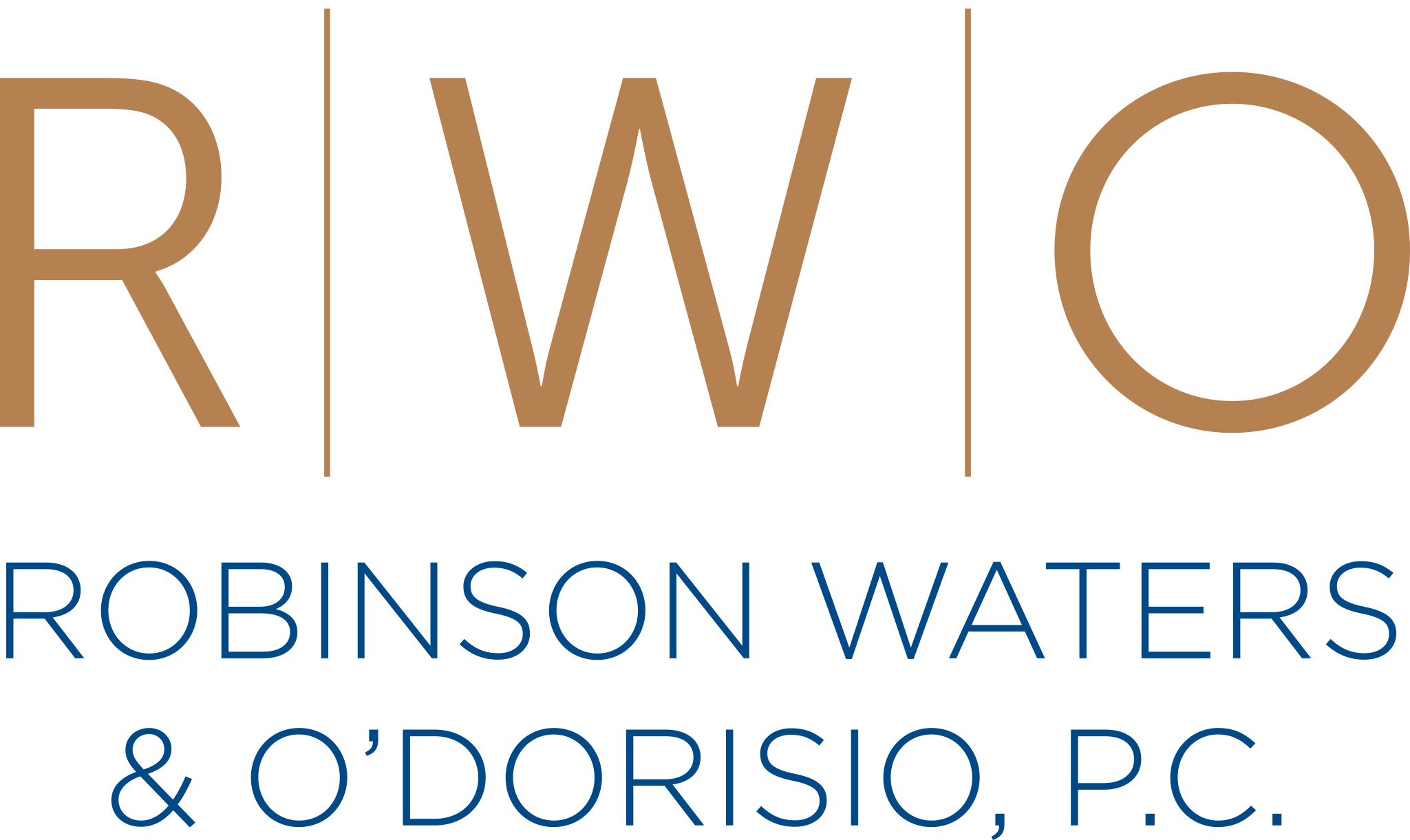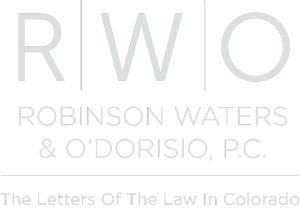Healthy Families and Workplaces Act
October 14, 2020
MANDATORY COLORADO EMPLOYER PAID EMPLOYEE AND FAMILY MEMBER LEAVE BEGINS JANUARY 1, 2021
By Dan Block
Beginning January 1, 2021, Colorado employers with 16 or more employees, and beginning January 1, 2022 all Colorado employers, will be required to provide paid leave to their employees and the “family members” of those employees under the Healthy Families and Workplaces Act (the “Act”). The only exceptions are the federal government and employees as defined in and subject to the Federal Railroad Unemployment Insurance Act.
The Act misleadingly refers to the leave as “paid sick leave,” and the bill that resulted in the Act was often misleadingly referred to as the “paid sick leave” bill. However, leave is required under the Act for conditions and situations in addition to the illness of the employee or his or her “family member” (as broadly defined in the Act).
Accrual of Paid Leave
Paid leave accrues as follows: At least one hour of paid leave for every 30 hours worked by the employee; except that an employee is not entitled to earn or use more than 48 hours of paid leave each year, unless the employer selects a higher limit. However, during a “public health emergency” an employee may take additional paid leave as specified in the Act.
An employee who is exempt from overtime accrues paid leave based on the assumption that the employee works forty hours per week. If the employee’s normal workweek consists of fewer than forty hours, the employee accrues paid leave based upon the number of hours that comprise the employee’s normal workweek.
There is no minimum number of months, days, or hours that the employee has to have worked for the current employer to begin accruing paid leave. Paid leave begins to accrue upon hire.
Situations that Qualify for Paid Leave
Paid leave is required under the Act in the following situations:
- The employee (a) has a mental or physical illness, injury, or health condition that prevents the employee from working; (b) needs to obtain a medical diagnosis, care, or treatment of a mental or physical illness, injury, or health condition; or (c) needs to obtain preventive medical care.
- The employee needs to care for a family member who (a) has a mental or physical illness, injury, or health condition; (b) needs to obtain a medical diagnosis, care, or treatment of a mental or physical illness, injury, or health condition; or (c) needs to obtain preventive medical care.
- The employee or the employee’s family member has been the victim of domestic abuse, sexual assault, or harassment and the use of leave is to: (a) seek medical attention for the employee or the employee’s family member to recover from a mental or physical illness, injury, or health condition caused by the domestic abuse, sexual assault, or harassment; (b) obtain services from a victim services organization; (c) obtain mental health or other counseling; (d) seek relocation due to the domestic abuse, sexual assault, or harassment; or (e) seek legal services, including preparation for or participation in a civil or criminal proceeding relating to or resulting from the domestic abuse, sexual assault, or harassment.
- Due to a public health emergency, a public official has ordered closure of: (a) the employee’s place of business; or (b) the school or place of care of the employee’s child and the employee needs to be absent from work to care for the employee’s child.
Definition of “Family Member”
Employers need to be aware that the term “family member” in the Act is not limited to the employee’s immediate family members, or even just to the employee’s relatives and minor children to whom the employee stands in “loco parentis.” Instead, “family member” also includes “a person for whom the employee is responsible for providing or arranging health- or safety-related care.”
That non-relative portion of the “family member” definition in the Act is vague. It leaves considerable room for uncertainty. For example, what constitutes an employee being “responsible” for providing or arranging health- or safety-related care for someone; and in particular, someone other than a relative of the employee, such as a casual friend? And how much time off will an employee actually need for “providing or arranging health- or safety-related care”? An employer that doesn’t allow an employee to use paid leave for any claim by an employee that he or she is responsible for providing or arranging health- or safety-related care for anyone else will potentially have liability for a violation of the Act.
Limitations on, and Requirements for, Leave
An employer cannot require, as a condition of providing paid leave to an employee, an employee to search for or find a replacement worker to cover the time during which the employee is absent from work.
When the use of paid leave by an employee is foreseeable, the employee must make a good-faith effort to provide notice of the need for paid sick leave to the employee’s employer in advance of the use of the paid sick leave. In addition, the employee must make a reasonable effort to schedule the use of paid sick leave in a manner that does not unduly disrupt the operations of the employer.
The Act states that for paid leave of four or more consecutive work days, “an employer may require reasonable documentation that the paid leave is for a purpose authorized” under the Act. Therefore, it appears, but the Act doesn’t state, that the employer cannot require documentation for the need for paid leave of less than four consecutive work days.
Accrued but unused paid leave carries over from one year to the next; however, an employer doesn’t have to allow an employee to use more than 48 hours of paid leave per year.
The salary or wage equivalent amount of an employee’s accrued but unused paid leave at termination of employment doesn’t have to be paid to the employee; except under certain situations specified in the Act.
Protection from Retaliation and Discrimination
Employees and former employees of an employer are protected under the Act from retaliation or discrimination because the person has exercised, attempted to exercise, or supported the exercise of rights protected under the Act.
Enforcement
An employee or former employee who believes his or her employer violated the Act can pursue a remedy under the administrative process as specified in the Act. Alternatively, he or she can file a lawsuit against the employer in court, but only after (a) submitting a complaint to the Division of Labor Standards and Statistics in the Colorado Department of Labor and Employment (the “Division”), or (b) making a written demand for compensation or other relief to the employer; after which an employer has fourteen days to respond to the notice of the complaint or the demand before the lawsuit can be filed.
Employer Notice Requirement
Each employer is required to notify its employees—by both a written notice to the employees, and by a poster displayed in the workplace— that they are entitled to paid leave under the Act. The content of the notice will be specified by the Division.
The Paid Family and Medical Leave Insurance Program Ballot Measure is Different
Proposition 118, The Paid Family and Medical Leave Insurance Program (“FAMLI”), on the Colorado ballot in November 2020 is completely separate from the Act. If FAMLI is not approved by Colorado voters, that will have no effect on the Act. If FAMLI is approved by the voters, the Act will likely remain as is until December 31, 2022, the day before employer and employees have to begin paying insurance premiums under FAMLI; or until December 31, 2023, the day before the FAMLI benefits become available to employees.
__________________________
For more information about the Healthy Families and Workplaces Act, or otherwise about employment law matters, contact any of the following attorneys at Robinson Waters & O’Dorisio, P.C. with employment law expertise: Dan Block, Kim Bruetsch, Dan Christopher, Juli Lapin, or Michelle Magruder.
The information contained in this article is for informational purposes only, and it does not constitute legal advice for any specific situation. The invitation to contact an attorney at Robinson Waters & O’Dorisio, P.C. is not intended as a solicitation in any jurisdiction in which that attorney is not licensed to practice law.
